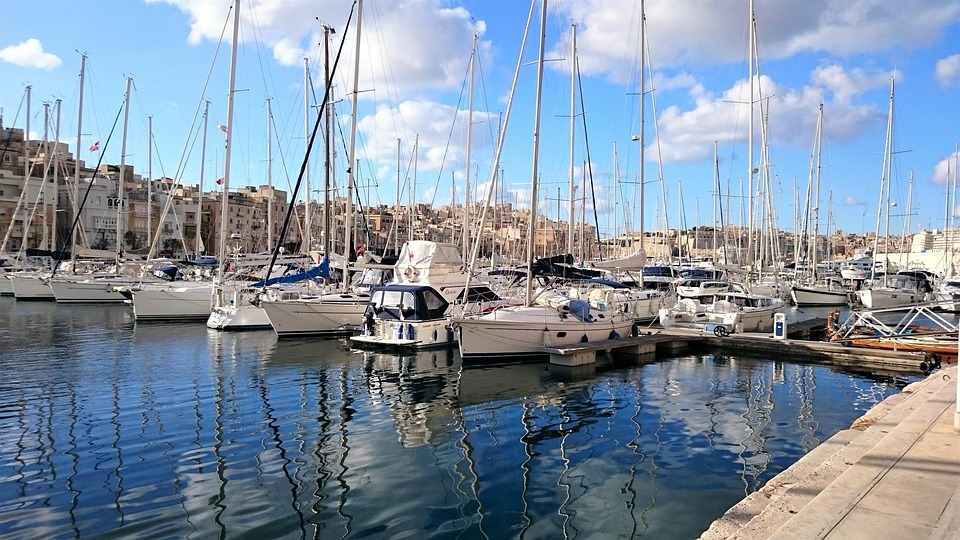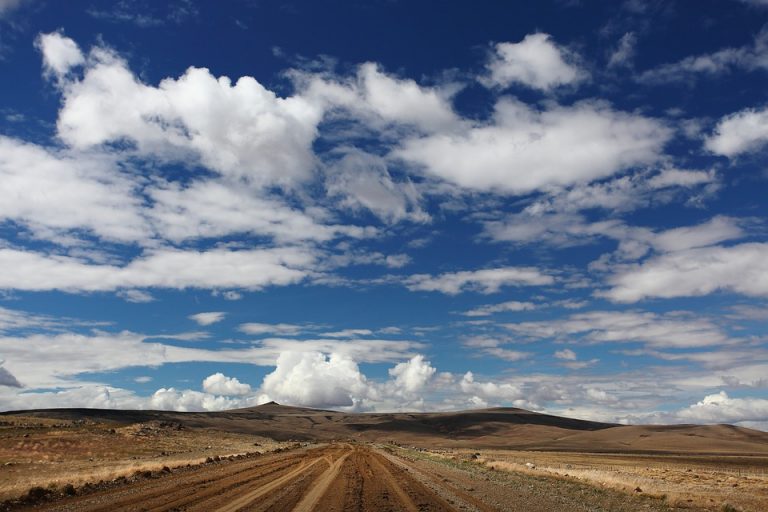Contents
- Sustainable travel tips
- Why Sustainable Travel Matters To You
- Tip 1: Choose Lower-Impact Transport
- Tip 2: Stay In Places That Do Good
- Tip 3: Pack Smart, Pack Light
- Tip 4: Support Local Economies
- Tip 5: Protect Wildlife And Wild Places
- Tip 6: Reduce Waste On The Road
- Tip 7: Learn And Advocate
- Practical Weekend-Friendly Sustainable Travel Tips
- How To Measure Your Impact
- Real-Life Examples That Prove It Works
- Final Preparations Before You Leave
- How To Keep Momentum At Home
- Bottom Line
- FAQ
Sustainable travel tips
Sustainable travel tips are practical actions and mindset shifts that make your trips kinder to the planet and richer for you. They matter because travel is a joy and a responsibility: the choices you make shape ecosystems, economies, and the memories you carry home. When you travel thoughtfully, you protect the wild places you love and leave a legacy of good for the people you meet.
I’ve traveled enough to know that small choices add up. This article gives you seven clear, fierce, and usable sustainable travel tips that won’t bog you down in guilt—only empower you to explore with heart and purpose.
Why Sustainable Travel Matters To You
Sustainable travel matters because every itinerary leaves a footprint. Scientific evidence shows tourism can stress fragile ecosystems and local resources, but it also funds conservation and community livelihoods when managed right. The Intergovernmental Panel on Climate Change and studies published in major journals explain how transportation and tourism behaviors affect emissions and biodiversity loss.
You don’t need to be perfect. You need to be intentional. These sustainable travel tips are designed to be practical, backed by evidence, and immediately actionable—so your next trip can be generous, not wasteful.
Tip 1: Choose Lower-Impact Transport
Favor Trains, Buses, And Direct Flights
Travel by rail or coach when you can. Trains emit far less CO2 per passenger than planes on comparable routes, and they let you see landscapes slowly and deeply. When flying is unavoidable, choose direct flights—takeoffs and landings are the most fuel-intensive parts of a flight. That small choice can cut emissions.
Experts at transportation research centers and environmental agencies note that routing and load factor matter. Book strategically, pack light, and you’ll travel cleaner and move with less friction. These are simple sustainable travel tips with real impact.
Offset Thoughtfully And Transparently
If you must fly, offset with reputable programs linked to verified projects. Look for carbon-offset projects certified by recognized standards and hosted by reputable organizations or universities. Never treat offsets as a free pass; think of them as part of a broader suite of sustainable travel tips.
Tip 2: Stay In Places That Do Good
Choose Responsible Accommodations
Not all hotels are equal. Seek places with clear sustainability practices: energy-efficient lighting, water-saving fixtures, waste reduction plans, and local hiring policies. Many hotels publish sustainability reports; read them. Smaller guesthouses and family-run inns often invest directly in their communities and conserve local traditions.
Platforms like sustainable tourism certifications and government registries can help you find vetted options. When you reward responsible businesses, you change incentives in the industry.
Ask About Local Impact
A quick conversation can reveal a lot. Ask your host how they source food, what happens to waste, and whether they support local conservation. These are simple questions that push business owners to do better and give you insight into how your dollars are used.
Tip 3: Pack Smart, Pack Light
Bring Reusables And Ditch Single-Use
Carry a sturdy water bottle, a reusable coffee cup, a cloth bag, and bamboo utensils. Single-use plastics are a giant problem in many destinations, drifting into oceans and harming wildlife. You’ll save money and feel competent—one of the best feelings on the road.
The World Health Organization and environmental NGOs emphasize reducing single-use plastic. Your kit of reusables is one of the most effective sustainable travel tips you’ll ever carry.
Choose Durable, Ethical Gear
Buy quality over quantity. A well-made jacket or biodegradable toiletries beat disposable fast-fashion and travel-size plastic bottles. Repair kits and simple sewing supplies are travel MVPs. When you prioritize longevity, you reduce waste and travel with less stress.
Tip 4: Support Local Economies
Spend Where It Helps People
Eat local. Hire local guides. Shop from artisans. When you book directly with local businesses, more money stays in the community. That creates real benefits—better schools, healthcare, and conservation projects.
Research by development economists shows tourism revenue can lift communities when it’s distributed fairly. You decide which neighborhoods thrive by where you spend.
Respect Local Cultures And Practices
Learn a few phrases in the local language. Dress and behave with respect. When locals see you care, doors open. Cultural sensitivity is part of sustainable travel tips because it preserves heritage and builds trust.
Tip 5: Protect Wildlife And Wild Places
Observe, Don’t Disturb
Wildlife tourism is powerful—but it can also harm. Keep distance, follow guidelines, and never feed wild animals. Choose tours operated by conservation-minded organizations. Studies in conservation journals highlight how unmanaged tourism stresses wildlife; you can be the solution rather than the problem.
Choose Regulated Experiences
Select operators who follow best practices: small groups, trained guides, clear codes of conduct. These operators often partner with scientific institutions or conservation projects. That partnership guarantees better oversight and measurable benefits.
Tip 6: Reduce Waste On The Road
Practice Leave-No-Trace Principles
Pack out what you pack in. Dispose of waste properly. Avoid packaged foods when possible and choose refillable options. National parks and protected areas encourage Leave No Trace because it preserves landscapes for everyone who follows.
Use Technology To Cut Paper Waste
Download tickets, maps, and guides. Use apps for receipts and reservations. Not only is it lighter, but it also reduces paper consumption that often ends up in landfill in destinations with limited waste systems.
Tip 7: Learn And Advocate
Travel Like You’ll Return Forever
Ask questions. Learn about local conservation issues and tourism policies. Speak up when you see poor practices. The travel sector responds to consumer demand—your voice matters.
Share what you learn with friends and online communities. Use photos and stories to highlight responsible operators and local initiatives. Advocacy amplifies the small good choices you make while traveling.
Practical Weekend-Friendly Sustainable Travel Tips
Short trips are full of choices, too. For a weekend getaway, pick a nearby destination you can reach by train or bus. Reserve a locally owned B&B, bring a zero-waste travel kit, and plan two experiences that benefit the community—like dining at a cooperative café or joining a community-led walking tour.
When you use these sustainable travel tips for short trips, the habit becomes second nature and scales up on longer journeys.
How To Measure Your Impact
You don’t need to be a scientist to track improvements. Keep a simple travel journal: note transport modes, accommodation practices, and local spending. Compare trips and see where you cut emissions, waste, or doubled local benefits.
Some tools and university-backed calculators estimate travel emissions and offer mitigation options. Use them to learn, not to shame yourself. Measurement helps you grow into a more mindful traveler.
Real-Life Examples That Prove It Works
In Costa Rica, community-based ecotourism projects documented by sustainable development researchers show increased incomes and better conservation outcomes when local people lead tourism. In Europe, expanded rail networks and incentives have shifted travelers from short flights to trains, reducing emissions and creating richer travel experiences.
These stories matter because they show that the sustainable travel tips in this article are more than ideals—they’re tested strategies with measurable outcomes.
Final Preparations Before You Leave
Check local rules and environmental regulations. Register with local tourism offices if recommended. Prepare your travel kit: reusables, eco-friendly toiletries, a lightweight daypack, and a small first-aid kit. These tiny steps keep you agile and responsible.
Remember: preparation is part of respect. When you travel well-prepared, you reduce your footprint and increase your capacity to help.
How To Keep Momentum At Home
Take the habits you adopt on the road home with you. Reduce single-use plastics, buy from local makers, support conservation groups, and keep learning. Travel should be a school that shapes daily life, not a vacation from responsibility.
When travel becomes training for better living, you multiply the impact of these sustainable travel tips across both your trips and your neighborhood.
Bottom Line
Bold travel isn’t careless. It’s deliberate. These sustainable travel tips give you concrete ways to lower your footprint, support communities, and protect wild places—without losing a beat of adventure. You can travel with heart and efficacy. Make the small choices that add up to big change.
Be brave. Be curious. Be responsible—and then go see the world with both hands full of generosity.
FAQ
Are sustainable practices more expensive?
Not necessarily. Sometimes they save money—train tickets can be cheaper than flights, local markets often cost less than tourist restaurants, and reusables pay off quickly. Think of sustainability as smart spending that improves your travel quality.
How can I find trustworthy eco-friendly accommodations?
Look for transparent sustainability reports, certifications, or partnerships with local conservation groups. Read recent guest reviews and ask hosts direct questions about sourcing, waste, and staffing. Local tourism boards often list vetted options.
What if my destination has limited recycling or infrastructure?
Adapt: carry a waste pouch, use refillable containers, and support businesses that reduce packaging. When infrastructure lacks, prioritize reducing and reusing. Your choices matter even more in places with limited systems.
Can I still see wildlife ethically?
Yes. Choose small-group tours led by trained guides and respect recommended distances. Prioritize operators that donate to conservation or partner with research institutions. Ethical wildlife experiences exist—and they’re often richer and more educative.
References
The Intergovernmental Panel on Climate Change provides detailed assessments on transport and tourism impacts at (http://www.ipcc.ch).
The United States Environmental Protection Agency offers guidance on waste reduction and sustainable travel practices at (http://www.epa.gov).
The World Tourism Organization publishes research on sustainable tourism development and best practices at (http://www.unwto.org).
Nature Climate Change includes peer-reviewed studies on emissions from different transport modes, accessible at (http://www.nature.com/nclimate).
The Journal of Sustainable Tourism features case studies on community-based tourism outcomes at (http://www.tandfonline.com/loi/rjst20).








